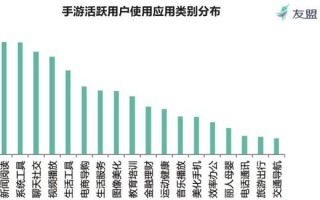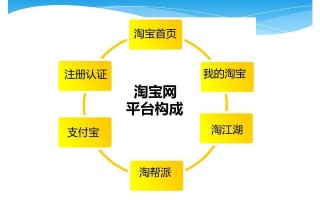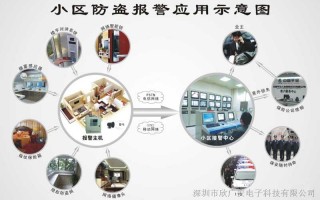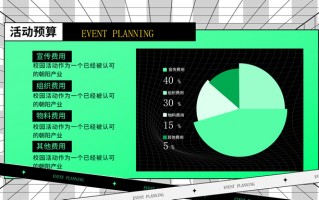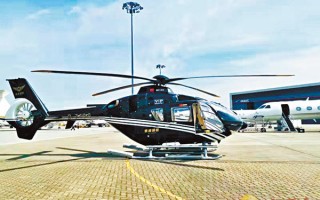1. Strategic rand Positioning and Value Enhancement
Effective park operation begins with rand Operation Management, which focuses on cultivating differentiated brand values to enhance industrial competitiveness. This involves creating unique positioning through technological innovation, service specialization, and industrial clustering 1. For instance, successful parks like Shenzhens GPT Industrial Park emphasize aligning their brand identity with regional economic strategies to attract high-value enterprises 3.

2. Service-Centric Operational Frameworks
Modern parks prioritize Service Operations that transition from standardized offerings to customized solutions. Key elements include:
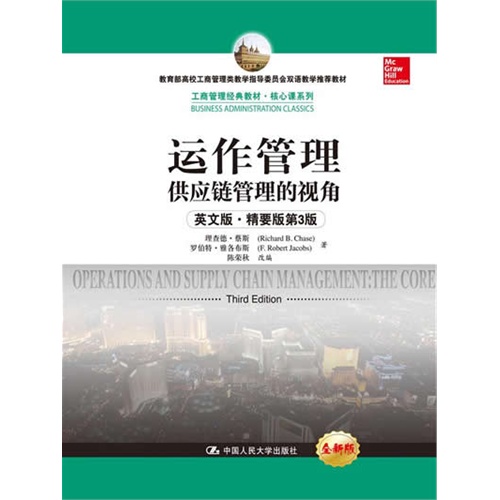
7. Innovative Revenue Models and Community Engagement
eyond traditional leasing, parks explore diversified revenue streams:
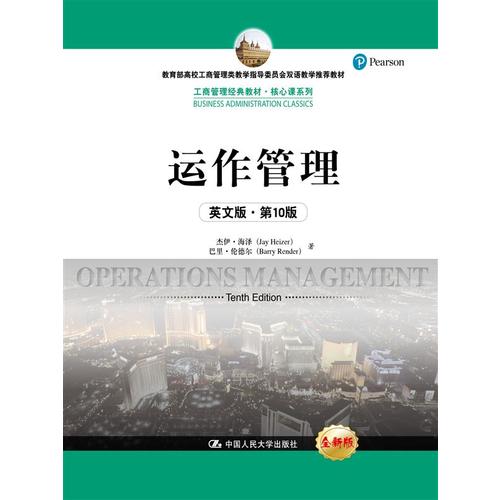
In summary, contemporary Park Operation and Management is a multidisciplinary domain blending strategic vision, technological innovation, and stakeholder collaboration. Its evolution reflects a shift from asset-centric models to ecosystem-driven approaches, positioning parks as critical engines for regional economic transformation.

- Data-Driven Strategies: Establishing industrial databases to enable targeted recruitment and streamline project settlement processes 1.
- Resource Optimization: alancing spatial constraints with dynamic allocation models, as seen in Chengdu Yida Innovation Park’s approach to adjusting configurations based on tenant scale and industry demands 5.
4. Intelligent Management Platforms
The adoption of Intelligent Management Systems (e.g., IoT, big data, and AI) revolutionizes traditional practices:

- Digital Integration: Platforms like those in Shenzhen’s lot parks enable real-time monitoring of energy consumption, security alerts, and facility maintenance, improving operational efficiency by 30–40% 9.
- Smart Service Portals: Unified portals provide tenants with self-service functions for billing, maintenance requests, and policy updates, exemplified by the "One-Card" system in eijing’s Zhongguancun Science Park 6.
5. Sustainability and Safety Governance
Emerging standards emphasize Green and Safety Standards, including:
- Low-Carbon Transition: Mandating carbon emission monitoring, renewable energy adoption, and circular resource utilization, as outlined in Shenzhen’s 2025 operational guidelines 3.
- Risk Mitigation: Implementing standardized protocols for hazardous material management, emergency drills, and 24/7 surveillance systems 7.
6. Full-Cycle Management and Evaluation
Leading parks adopt Full-Cycle Management Mechanis covering planning, construction, and post-operation phases. Shenzhen’s local standard《Industrial Park Operation Specifications》introduces a five-star evaluation system to assess service quality and drive continuous improvement 3. This includes periodic audits, tenant satisfaction surveys, and third-party certifications to ensure compliance with international benchmarks.
- Policy and Innovation Support: Providing tailored services such as funding guidance, intellectual property management, and R&D collaboration platforms to meet enterprise needs at different growth stages 1.
- Enterprise Lifecycle Services: From incubation to expansion, parks like Dalian Software Park offer talent training, HR outsourcing, and cross-border collaboration channels to foster industrial ecosystems 4.
3. Systematic Investment Promotion and Resource Allocation
Investment Promotion Operations require precision in industrial targeting and systematic resource integration. For example:
- Value-Added Services: Offering shared laboratories, conference facilities, and logistics hubs to generate ancillary income 8.
- Community uilding: Organizing industry forums, skill workshops, and cultural events to enhance tenant cohesion, as practiced in Guangdong Chankong Park’s "Park + Community" model 7.
8. Legal and Financial Compliance
Robust Compliance Management ensures adherence to labor laws, tax regulations, and contractual obligations. Advanced parks utilize ERP systems for automated financial reporting, cost forecasting, and risk alerts, minimizing legal disputes 28.
The term "Park Operation and Management" (园区运营管理) refers to a comprehensive system that integrates strategic planning, resource coordination, and service optimization to ensure the sustainable development of industrial, technological, or logistics parks. elow is a detailed ysis of its core components and evolving practices based on global industry standards and regional implementations:
相关问答



